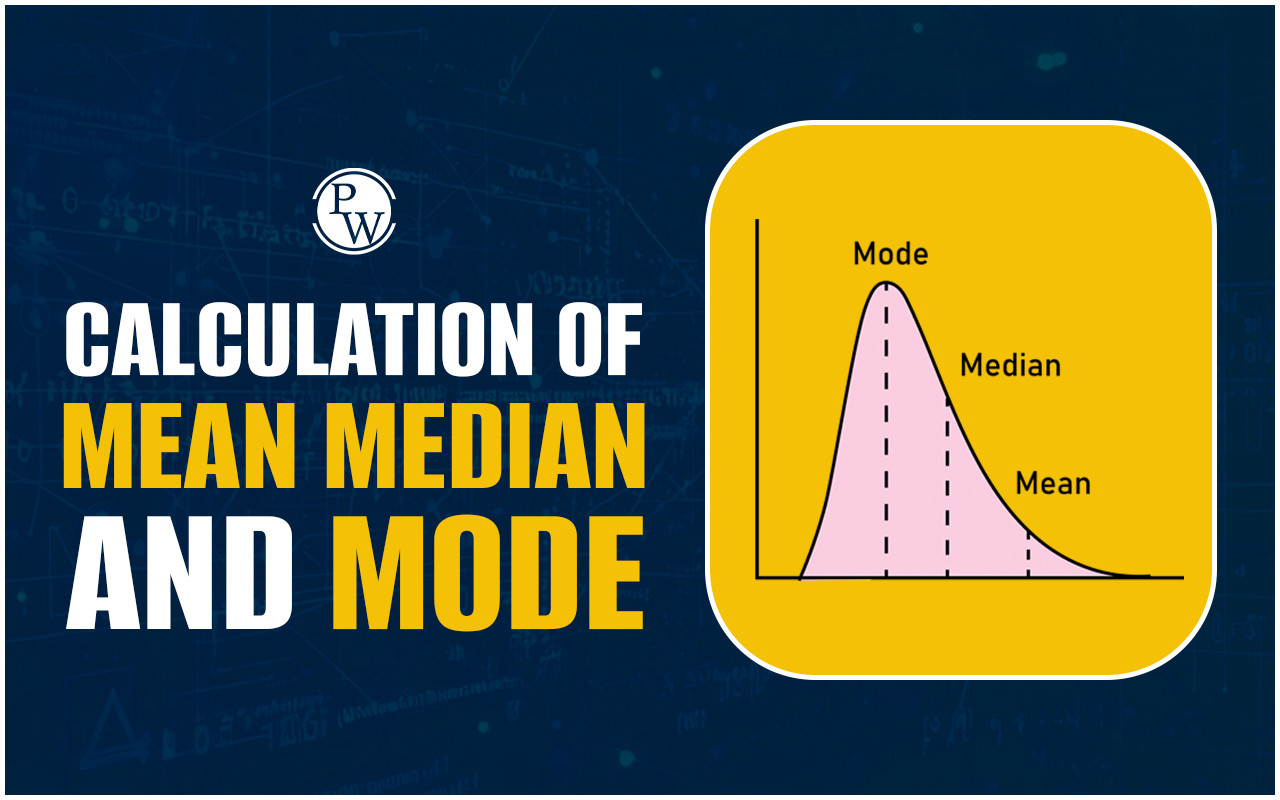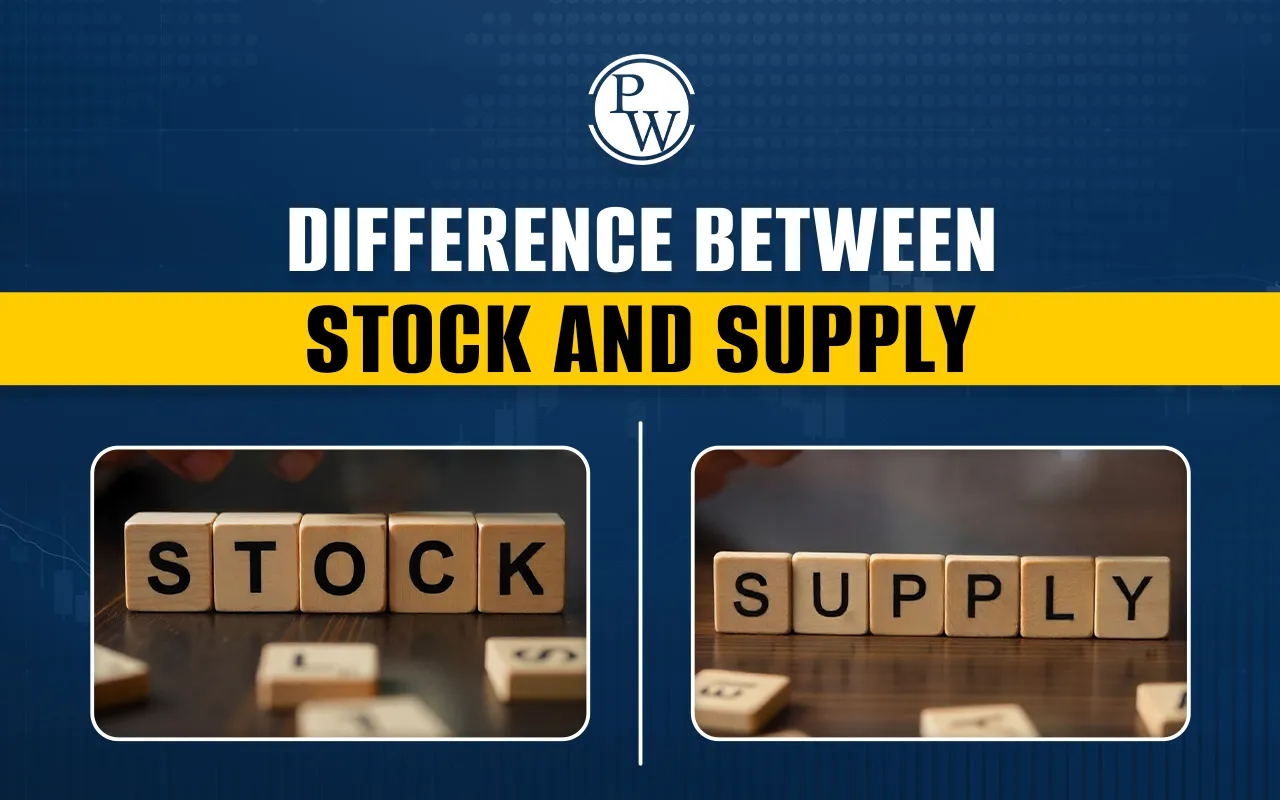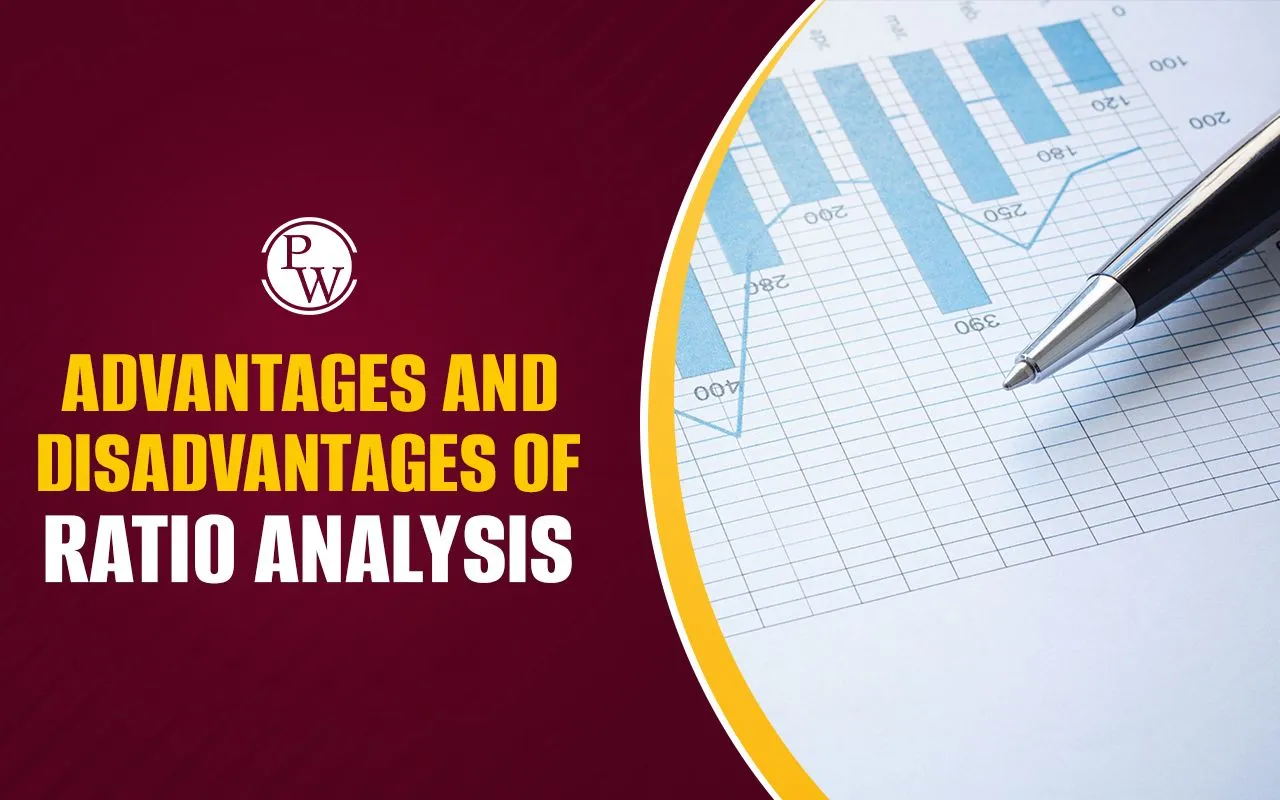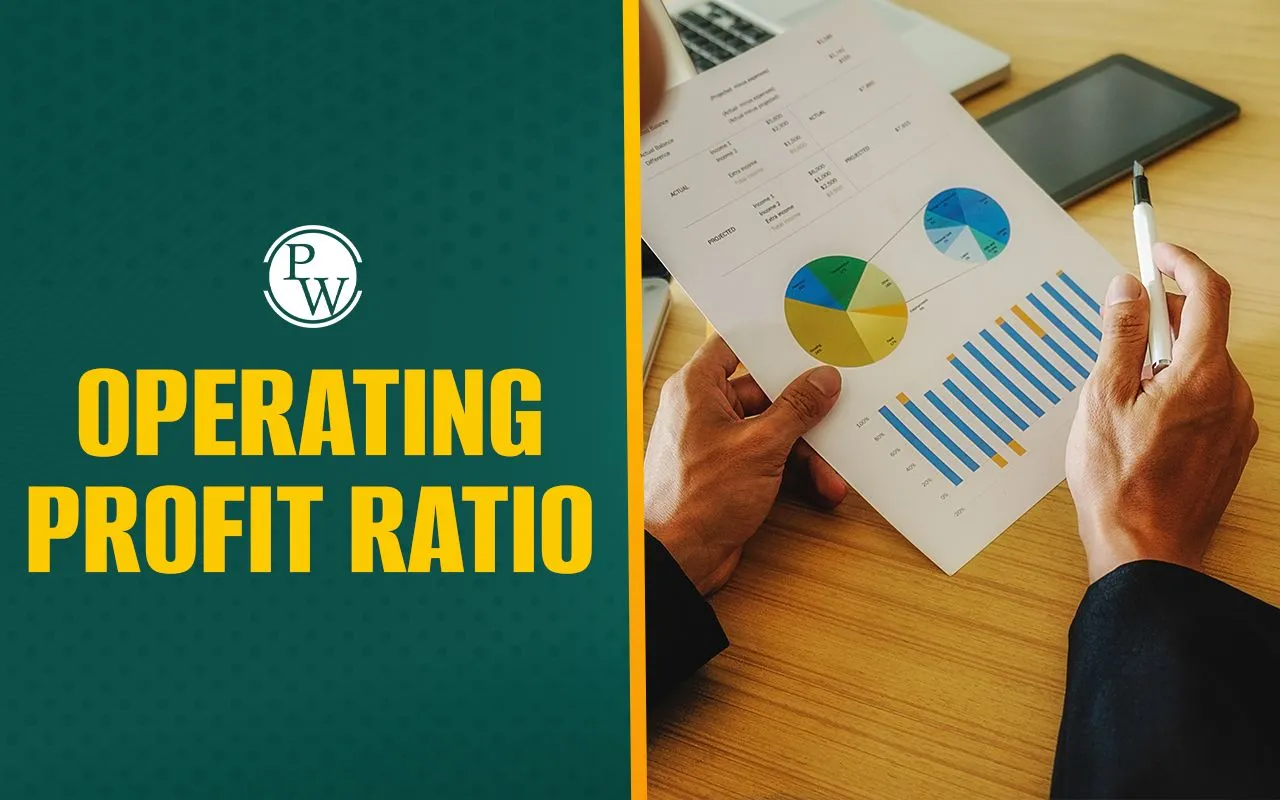

Bookkeeping and accounting: Are you a small business owner or accountant trying to determine the difference between Bookkeeping and Accounting ? Do financial terms like debits, credits, assets, and liabilities need to be clarified? Bookkeeping and Accounting are often used together, but they mean different things.
Talking about Bookkeeping and accounting, accounting involves more than recording transactions in a ledger – it's an integral part of modern-day finance that allows businesses to measure performance and budget for future expenses successfully. On the other hand, bookkeeping is a more streamlined approach to tracking finances - providing business owners with an accurate record-keeping system that simplifies their tax filing process. In this blog post, we will outline bookkeeping and accounting in further detail, explaining why each plays an essential role for any organization seeking fiscal growth and sustainability. So, if you want clarity on Bookkeeping and accounting to help your business navigate finances safely and safely, keep reading!What is Bookkeeping?
When talking about bookkeeping and accounting, Bookkeeping involves the organized and systematic maintenance of financial records. It's the discipline of identifying and recording accounting transactions organized within specified accounting books like the Journal, Ledger, Cash Book, and subsidiary books. Importantly, bookkeeping focuses on meticulously maintaining financial records and is not oriented towards revealing or interpreting business outcomes, distinguishing it from accounting. Key Steps in Bookkeeping- Identifying a financial transaction.
- Recording or posting debits or credits.
- Generating invoices.
- Preparing financial statements.
- Maintaining and balancing subsidiaries and other accounts.
Activities Involved in Bookkeeping
Bookkeeping entails systematically recording daily transactions, forming a crucial foundation for acquiring the financial insights necessary for effective business management.- Recording financial transactions in a structured manner.
- Posting debits and credits accurately.
- Generating invoices.
- Preparing essential financial statements like the balance sheet, cash flow, and income statement.
- Maintaining and reconciling subsidiary accounts, general ledgers, and historical records.
- Managing payroll efficiently.
Types of Bookkeeping
Bookkeeping encompasses these primary types:| Type of Bookkeeping | Description |
| Single-entry Bookkeeping | Single-entry bookkeeping is a straightforward method where each transaction is recorded as a single entry in a journal. This method relies on one-sided accounting entries to maintain financial records based on cash transactions. The primary bookkeeping record in this approach is the cash book. |
| Double-entry Bookkeeping | Double-entry bookkeeping is a method where an entry is recorded in at least two accounts as a credit or debit. It requires that the amounts recorded as credits equal those recorded as debits, ensuring error-free transactions. |
| Accrual Basis Bookkeeping | Records transactions when they're incurred, regardless of when cash transactions occur. This method gives a more accurate representation of a company's financial health over time. |
| Cash Basis Bookkeeping | Records transactions when cash is exchanged, providing a clear view of a company's current cash position. While simpler, it may not offer a comprehensive view of a business's overall financial standing. |
| Hybrid (Modified) Bookkeeping | Utilizes a combination of both cash and accrual basis methods, offering a more flexible approach that suits the needs of the business. It can provide insights into both short-term cash flow and long-term financial health. |
| Manual Bookkeeping | Involves handwritten or manually recorded financial transactions, entries, and calculations using physical books, ledgers, and accounting worksheets. This traditional method is becoming less common due to the rise of digital tools. |
| Computerized Bookkeeping | Utilizes accounting software and digital tools to record, track, and manage financial transactions. This modern approach provides efficiency, accuracy, and easy access to financial data, reducing the margin of error associated with manual methods. |
Documents Used in Bookkeeping
Various documents are employed in both single and double-entry bookkeeping:| Document | Description |
| Cash Register | Records and calculates transactions at the point of sale, especially for cash transactions. |
| Ledger | A book of final entries where transactions are recorded and divided into separate accounts for better organization and tracking. |
| Journal | A formal record of financial transactions in chronological order, providing a chronological trail of all transactions. |
| Trial Balance | A worksheet that verifies the accuracy of transactions by reflecting the credit and debit balances of ledger accounts, helping identify discrepancies. |
| Cash Memo | A document recording cash-related purchases and sales transactions, providing details of cash transactions for documentation and reconciliation. |
| Receipt | Provides evidence of payment for a business transaction, acknowledging that payment has been made. |
| Pay-In Slip | A document serving as evidence of a specific amount being deposited in a bank on a particular date, crucial for tracking deposits and reconciling bank statements. |
| Cheque | A financial instrument drawn upon a bank, payable on demand, used for transactions and payments. |
| Debit Note | A note indicating that a business has raised a debt against a party, documenting the debt for future reference and ensuring proper record-keeping of financial obligations. |
| Credit Note | A note indicating that a business has given credit to a party for a transaction, documenting the credit for future reference and maintaining accurate financial records. |
| Invoice | A document recording credit transactions of sale and purchase, specifying the goods sold or services provided, payment terms, and other transaction details. |
Benefits of Hiring a Bookkeeper
Engaging a bookkeeper to handle your business's financial records offers numerous benefits. Here are a few noteworthy advantages:- Efficient Organization: Bookkeepers excel in tracking and organizing financial documents and reports. Their meticulous record-keeping ensures you have well-organized financial data. If you hire an accountant later, your bookkeeper can provide a comprehensive compiled record set, potentially reducing your accountant fees.
- Cost-Effectiveness: Bookkeepers typically charge more budget-friendly fees for their services compared to accountants. The cost savings can be significant, and it's directly tied to the extent of filing and documentation required for your business.
- Direct Financial Insight: Bookkeepers offer a straightforward view of your business's financial position. They provide direct assessments without intricate analysis. In contrast, accountants may offer more complex or estimated studies that certain biases could influence.
What is Accounting?
When talking about bookkeeping and accounting, accounting encompasses the comprehensive measuring and documenting of all financial transactions in a given financial year. This involves summarizing, analyzing, and recording financial data to comprehensively understand a business's financial standing, including its assets and liabilities. Accounting is a disciplined field that adheres to various terms, rules, principles, and standards, crucial for acquiring essential information for informed decision-making.Fundamental Components of Accounting
- Summarizing the data: This step involves consolidating and organizing all financial transactions in a centralized location.
- Analyzing the data: Specialists analyze the summarized data to derive meaningful insights.
- Interpreting the data: Interpretation involves extracting valuable insights from the analyzed data.
- Communicating the information: The information, refined through the above steps, is effectively shared with investors and other relevant business entities.
Activities Involved in Accounting
Bookkeeping and accounting: Accounting represents a sophisticated process that utilizes financial data compiled by a bookkeeper or a business owner to construct comprehensive economic models.- Preparing Adjusting Entries: This involves recording expenses that have transpired but have yet to be recorded in the bookkeeping process.
- Reviewing Company Financial Statements: Scrutinizing the company's financial statements to ensure accuracy and reliability.
- Analyzing Operational Costs: Evaluating the operational costs incurred in the business to optimize financial efficiency.
- Completing Income Tax Returns: Managing and completing income tax returns accurately and complying with relevant laws and regulations.
- Assisting in Financial Decision Understanding: Guiding the business owner in comprehending the ramifications of financial decisions on the business.
Types of Accounting
Accounting encompasses various specialized branches, each serving distinct purposes:| Type | Description |
| Cost Accounting | Focuses on calculating and managing the total cost of production, comparing input and output costs to assess financial performance and aid in business-related decisions. |
| Financial Accounting | Involves recording, summarizing, and reporting financial transactions using established accounting principles, adhering to regulatory and financial reporting requirements. |
| Managerial Accounting | Primarily meant for internal purposes, generating financial statements, reports, and documents for management use. Provides insights for trend analysis, budgeting, and decision-making regarding various aspects of the business. |
| Forensic Accounting | Involves investigating financial discrepancies and fraud within a business, often used in legal proceedings to provide evidence and expert analysis regarding financial transactions and statements. |
| Tax Accounting | Specialized in tax-related matters, managing tax planning, compliance, and reporting. Focuses on ensuring adherence to tax laws and regulations, optimizing tax efficiency, and accurately preparing and filing tax returns. |
| Auditing | Involves examining and validating financial records, transactions, and statements to ensure accuracy, compliance, and adherence to accounting principles and regulations. |
| Governmental Accounting | Pertains to the accounting principles and practices applied in the public sector, including government agencies, municipalities, and other public entities, focusing on accountability and transparency in financial reporting. |
Documents Used in Accounting
Various documents play a vital role in accounting processes:| Document | Description |
| Cash Memo | Document recording cash-related purchases and sales transactions. |
| Receipt | Evidence of payment for business transactions. |
| Pay-in Slip | Document confirming the deposit of a specific amount into a bank account on a particular date. |
| Cheque | Financial instrument drawn upon a bank, payable on demand. |
| Debit Note | A note indicating a debt raised by a business against a party. |
| Credit Note | A note indicating a credit given to a party for a transaction other than credit purchase. |
| Invoice | Document recording credit transactions of sale and purchase. Sale invoice is prepared for credit sales. |
Benefits of Hiring an Accountant
Employing a small business accountant offers significant advantages compared to having a bookkeeper. Below are the key benefits of opting for an accountant:- Comprehensive Analysis: Accountants thoroughly understand your business's financial health, offering strategic insights and recommendations for informed financial decision-making. Unlike bookkeepers who focus on recording transactions, accountants analyze financial data to guide business strategies.
- Expertise and Qualifications: Accountants undergo extensive education, certifications, and practical experience, surpassing the qualifications of bookkeepers. Their enhanced training equips them with valuable knowledge in tax management and investment strategies.
- Legal Support: With their certifications and in-depth knowledge, accountants can compile financial data and evidence crucial for addressing legal matters. Their experience in corporate taxes helps businesses stay compliant, reducing the risk of encountering issues with regulatory authorities like the IRS.
Difference B/W Bookkeeping and accounting
Here are the key differences b/w Bookkeeping and accounting:| Basis | Bookkeeping | Accounting |
| Definition | Identifying and recording financial transactions. | Measuring and recording all financial transactions in a financial year. |
| Objective | Prepare original books of accounts. | Record, analyze, and interpret all transactions. |
| Supervision | Bookkeeper does not supervise an Accountant. | Accountant supervises and checks the work of the Bookkeeper. |
| Scope | Limited scope. | Wider scope compared to Bookkeeping. |
| Analysis | Information is recorded but not analyzed. | Analysis is done to obtain important insights into the business. |
| Skill Required | No special skills needed for recording transactions. | Requires special analytical skills. |
| Reflecting Position of Business | Does not show the financial position, focused on recording. | Shows net results, including profit, assets, and liabilities. |
| Decision Making | Management cannot make decisions based on bookkeeping alone. | Accounting enables management to make informed decisions. |
| Principles of Accountancy | Follows accounting concepts and conventions. | Methods of interpretation and reporting may vary. |
| Level of Work | Restricted to low-level clerical work. | Involves low, medium, and top-level management. |
Shifting Landscapes of Bookkeeping and Accounting
Bookkeeping and accounting have a rich history and have evolved significantly with the aid of technology. This transformation is expected to continue in the future, showcasing several upcoming trends:- Integration of Bookkeeping and Accounting: The traditional boundaries between bookkeeping and accounting must be clarified. Accounting software now absorbs some aspects of accounting into the bookkeeping process. Modern Bookkeeping and accounting software can generate financial statements traditionally associated with accounting.
- Evolution of Bookkeeping: Bookkeeping is transforming basic data entry and ledger balancing. Technology is automating these functions, potentially rendering them obsolete in the future. Bookkeeping and accounting software is increasingly taking over routine tasks.
- Diversification of Services: Technological advancements encourage bookkeepers and accountants to embrace new software and extend their services. Bookkeeping and accounting managers now have the opportunity to provide value-added services like payroll processing and credit card reconciliation using cutting-edge software.
- Rise of Mobile Solutions: As businesses move their operations online, smartphones and mobile devices are becoming crucial tools. Entrepreneurs seek accessibility to data anytime, anywhere. Bookkeeping and accounting professionals ensure that reports and financial information are available online and optimized for various devices.
- Enhanced Efficiency in Services: Advancements in analytical tools empower consulting and advisory firms to provide highly efficient and cost-effective bookkeeping and tax preparation services. Bookkeeping and accounting tools streamline processes and enable professionals to deliver services more efficiently and accurately.
Difference Between Bookkeeping and Accounting FAQs
Is it possible for a bookkeeper to transition into an accounting role?
Yes, a bookkeeper can transition into an accounting role by gaining relevant experience and obtaining a bachelor's degree in accounting. However, getting a Certified Public Accountant (CPA) license is necessary to provide attestations or validate financial statements. Bookkeepers aspiring to become CPAs must fulfill educational prerequisites and pass the Uniform CPA exam, just like any other candidate.
When is a CPA or a bookkeeper needed?
Bookkeepers and accountants both handle financial data, but their responsibilities differ. Bookkeepers primarily perform day-to-day tasks like recording financial transactions, invoicing, and managing payroll. On the other hand, accountants analyze financial data, offer financial advice, and provide tax guidance.
Is it within the scope of accountants to perform bookkeeping tasks?
Yes, accountants are fully capable of performing the duties of a bookkeeper. However, since accountants generally receive higher pay than bookkeepers, having an accountant handle the more repetitive aspects of bookkeeping may only sometimes be the most cost-effective solution.
Which profession yields a higher income, accounting or bookkeeping?
Accountants often commence with higher annual salaries due to the stricter requirements and elevated role expectations. Furthermore, a bookkeeper's career trajectory is more limited than that of a Certified Public Accountant (CPA). Consequently, a CPA's salary can escalate much more rapidly than a bookkeeper's.
Is accounting better than bookkeeping?
Both Bookkeeping and accounting hold equal importance within a company. While bookkeepers aren't required to possess a specific certification, their role is crucial in ensuring accountants have precise financial records.
Talk to a counsellorHave doubts? Our support team will be happy to assist you!

Free Learning Resources
PW Books
Notes (Class 10-12)
PW Study Materials
Notes (Class 6-9)
Ncert Solutions
Govt Exams
Class 6th to 12th Online Courses
Govt Job Exams Courses
UPSC Coaching
Defence Exam Coaching
Gate Exam Coaching
Other Exams
Know about Physics Wallah
Physics Wallah is an Indian edtech platform that provides accessible & comprehensive learning experiences to students from Class 6th to postgraduate level. We also provide extensive NCERT solutions, sample paper, NEET, JEE Mains, BITSAT previous year papers & more such resources to students. Physics Wallah also caters to over 3.5 million registered students and over 78 lakh+ Youtube subscribers with 4.8 rating on its app.
We Stand Out because
We provide students with intensive courses with India’s qualified & experienced faculties & mentors. PW strives to make the learning experience comprehensive and accessible for students of all sections of society. We believe in empowering every single student who couldn't dream of a good career in engineering and medical field earlier.
Our Key Focus Areas
Physics Wallah's main focus is to make the learning experience as economical as possible for all students. With our affordable courses like Lakshya, Udaan and Arjuna and many others, we have been able to provide a platform for lakhs of aspirants. From providing Chemistry, Maths, Physics formula to giving e-books of eminent authors like RD Sharma, RS Aggarwal and Lakhmir Singh, PW focuses on every single student's need for preparation.
What Makes Us Different
Physics Wallah strives to develop a comprehensive pedagogical structure for students, where they get a state-of-the-art learning experience with study material and resources. Apart from catering students preparing for JEE Mains and NEET, PW also provides study material for each state board like Uttar Pradesh, Bihar, and others
Copyright © 2025 Physicswallah Limited All rights reserved.











